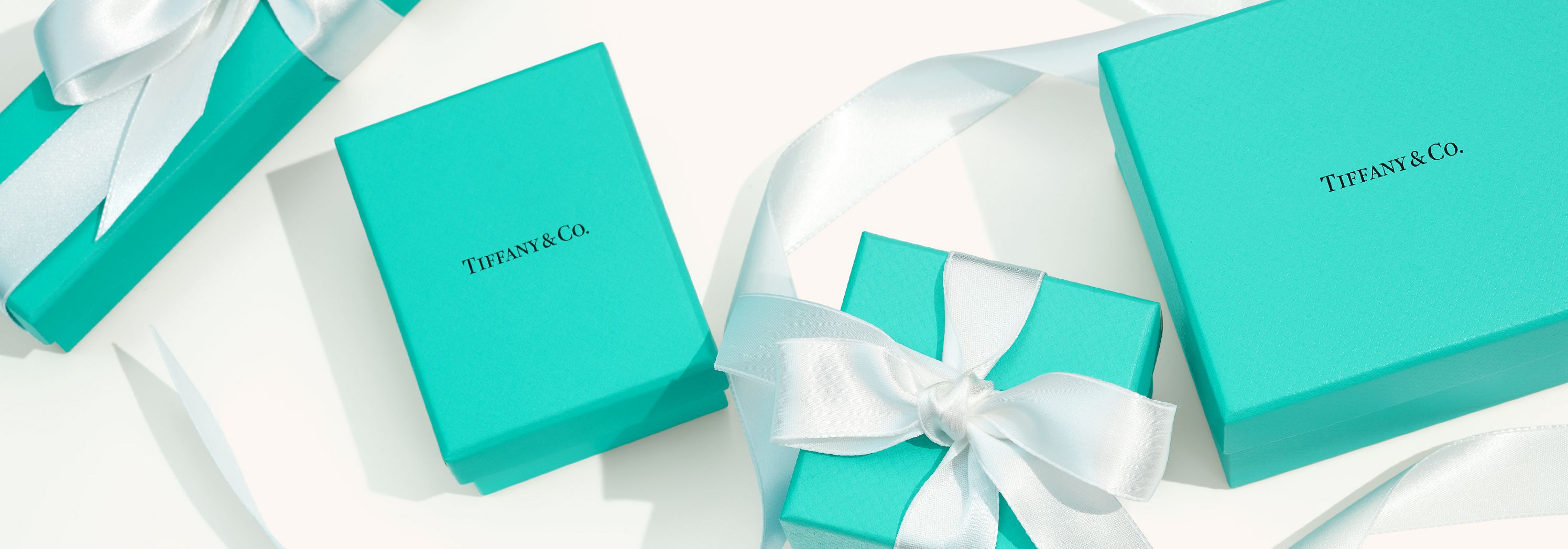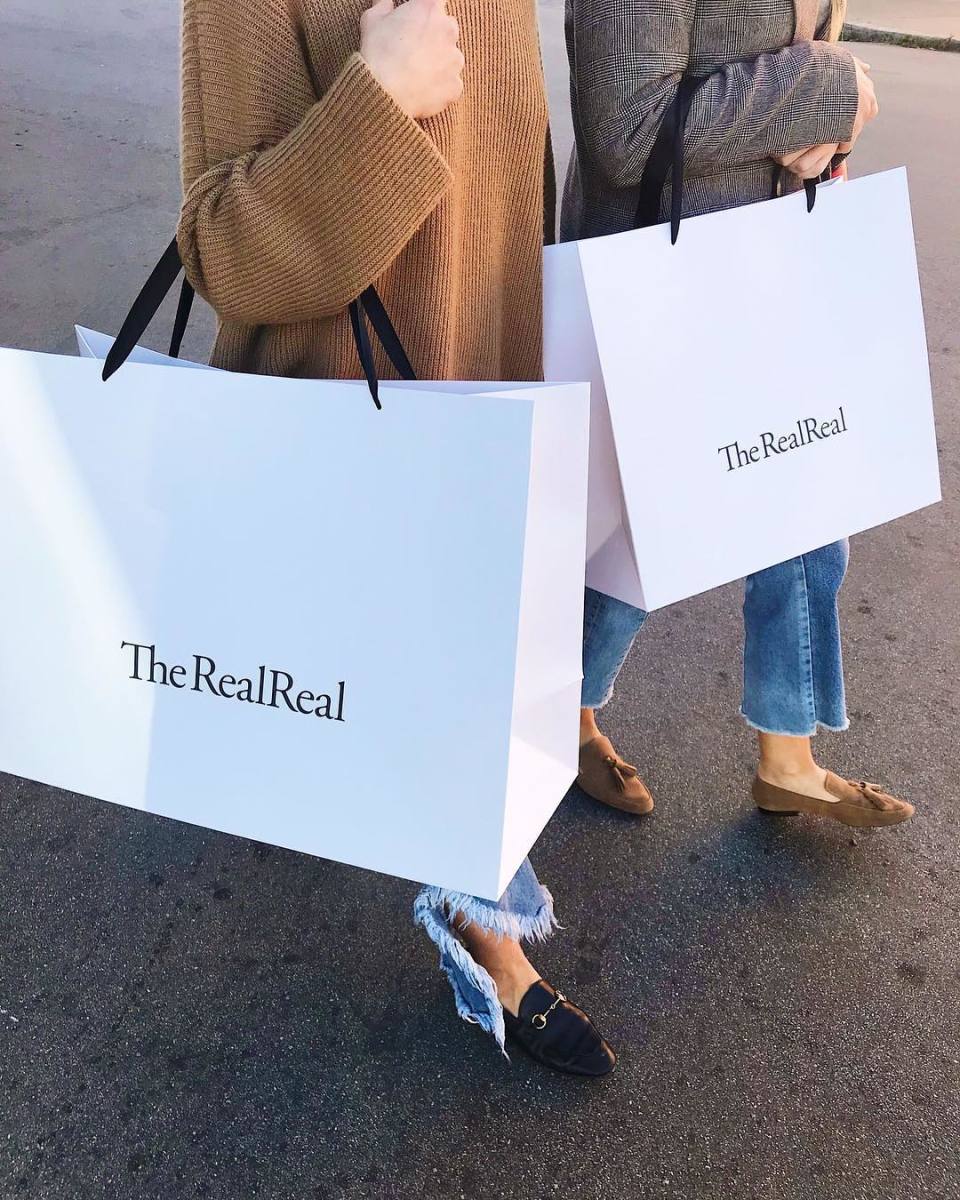[vc_row][vc_column][vc_column_text]
Luxury jeweler Tiffany & Co cut its profit outlook for the year on Tuesday and blamed dramatically lower spending by tourists at its stores around the world for missing quarterly same-store sales estimates, but reassured Wall Street the second half of the year could show improvement.
Reuters
The New York-based company said tourist-related sales in the Americas were down about 25% from year ago, with sharper declines among Chinese tourists.
Tiffany said it expected stronger second half results as year-over-year comparisons get easier, foreign exchange pressures ease and more new products and associated marketing reach the market.
Chinese tourists, who account for more than a third of global sales of luxury products, are spending more at home, encouraged in part by government efforts to fuel consumption by cutting VAT or import duties. At the same time, the number of visitors from China to the United States fell in 2018 for the first time since 2003.
Relations between the world’s two largest economies have nosedived in recent months due to a bitter trade war. After warning Chinese students and academics on Monday about risks involved in studying in the United States, the Chinese government widened its warning to include Chinese companies and tourists a day later.
Chief Executive Alessandro Bogliolo told Reuters on Tuesday part of the company’s strategy to offset lost tourist dollars is to invest in domestic markets worldwide, with a focus on the local Chinese market.
“The Chinese government is pushing for local consumption and we will keep on focusing on our marketing in China because there is a very strong demand there,” he said.
Tiffany said it now expects earnings per share to rise by a low-to-mid-single-digit percentage, compared with mid-single-digit growth it had forecast earlier.
The retailer said the forecast accounted for a number of factors including a stronger dollar as well as an increase on tariffs on the company exports from the United States to China. Tiffany has decided not to “meaningfully increase” retail prices in China for now, it said.
The jeweler, which tapped model and reality TV star Kendall Jenner to star in its Spring 2019 brand campaign, has added more affordable items like pendants and earrings to appeal to millennials.
The retailer said e-commerce sales continued to grow faster than its overall business. It plans to launch an e-commerce enabled website in China to cater to the fast-growing market.
Shares rose 5%. They had been down more than 2 percent earlier.
Bernstein analyst Luca Solca said, “the shares were already down a lot, and therefore were discounting an unexciting update (results) that was seen likely.”
Some analysts also said a lot of the negative trends had already been priced into shares, which have fallen 12% since reporting results in March.
“Tourist spending is likely to be under pressure all year given global economic uncertainties stemming from trade tensions with China,” said Retail Metrics founder Ken Perkins.
For the second quarter, the company expects a decline in earnings per share, under pressure from continued lower tourist spending.
Comparable-store sales declined 2%, while analysts on average were expecting a 1.16% drop, according to IBES data from Refinitiv. Including the impact of currency fluctuations, sales fell 5%.
The company’s net income fell 12% to $125.2 million, or $1.03 per share, in the first quarter ended April 30. Analyst were expecting the company to earn $1.02 per share.
Net sales fell to about $1 billion, missing the average analyst estimate of $1.02 billion■
Reporting by Aishwarya Venugopal in Bengaluru and Melissa Fares in New York; Editing by Shinjini Ganguli and Nick Zieminski
[/vc_column_text][/vc_column][/vc_row]









